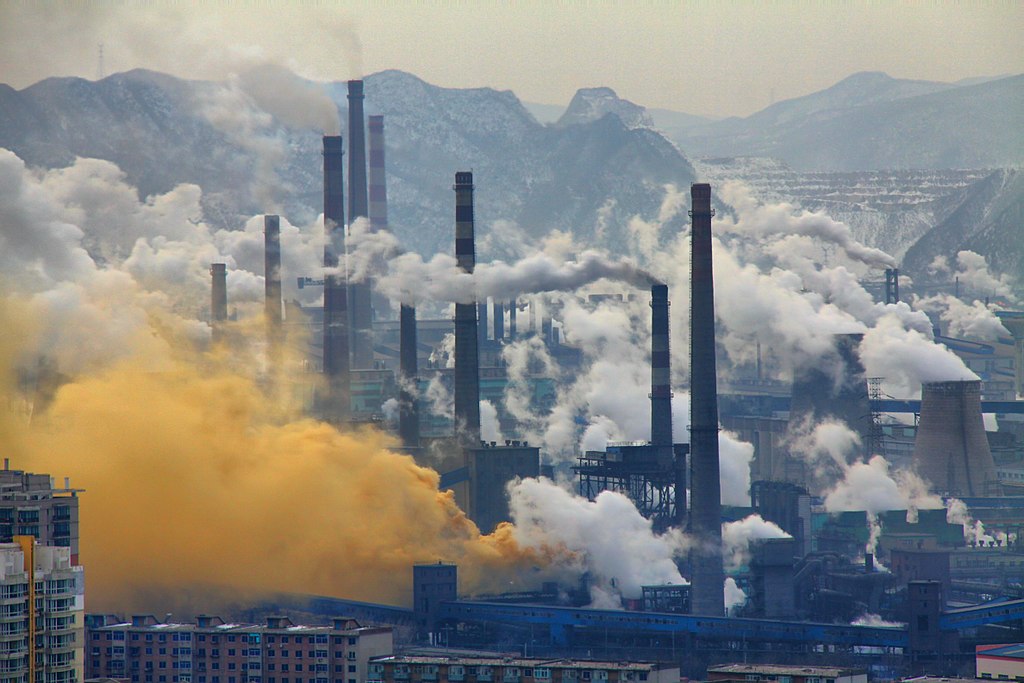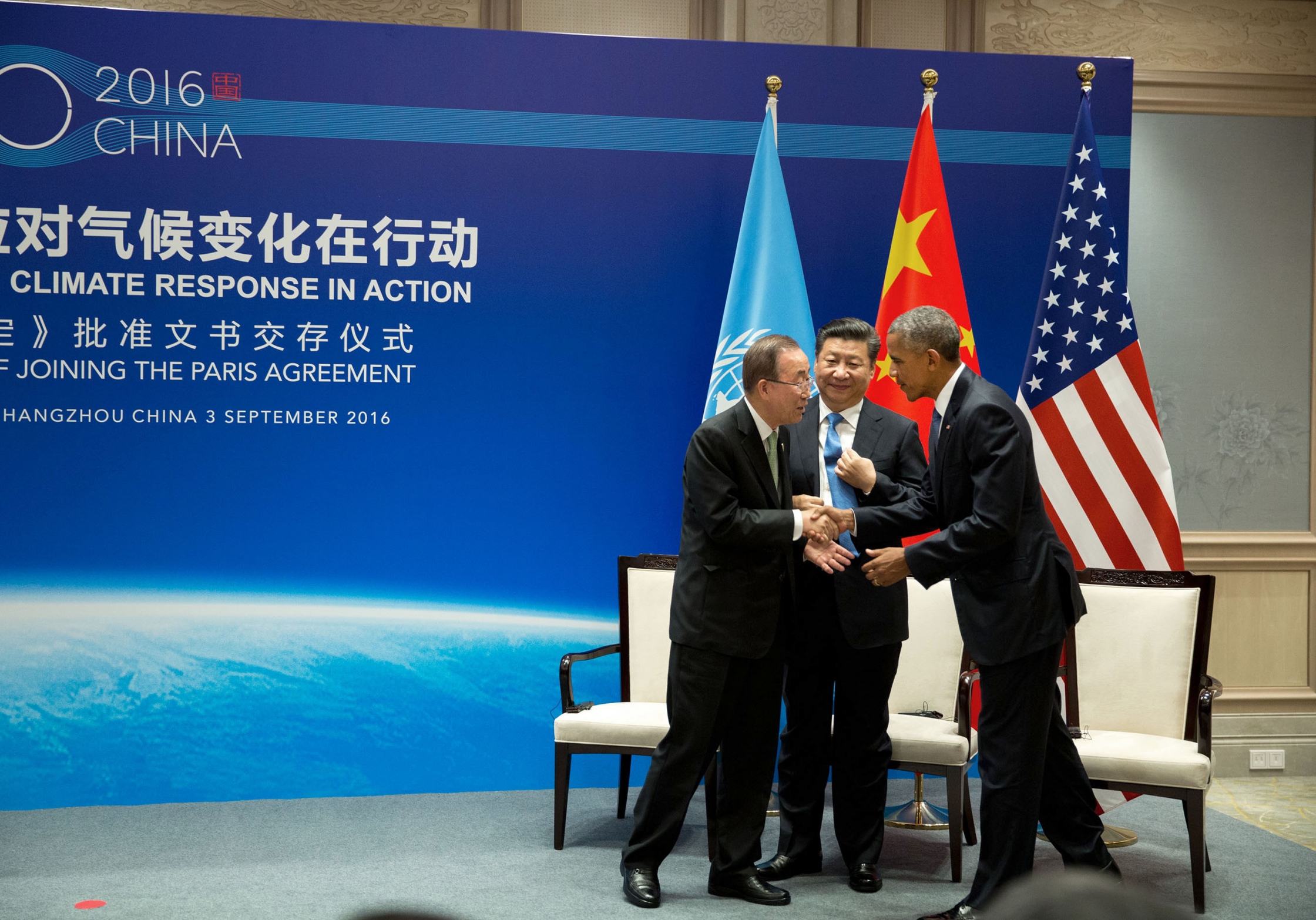
Rob Efird, Professor of Anthropology and Asian Studies, Seattle University
Jan 29, 2019
All over the developed world, children are spending more time sedentary and in front of screens. Nature education is rising in popularity in China and the United States as a way to combat the detrimental effects of “nature-deficit disorder,” and instead offer children a healthy, satisfying and mutually sustaining relationship with the natural world.

Lily Hartzell, Freelance Journalist based in Beijing
Jan 25, 2019
China has shifted from a recalcitrant participant in global climate negotiations to a supporter of climate commitments on the world stage. Despite the US’s anti-globalist tendencies with climate policy, China, and the world, are still serious about combating global warming.

Danielle Neighbour, Schwarzman Fellow
Jan 09, 2019
China produces approximately 30 million tonnes of organic sludge annually - only approximately one-fifth of which is properly treated. A deadly combination of pollution and scarcity now threatens the future of China’s cities. New wastewater technologies being explored and piloted in both the United States and China can serve as a much-needed point of collaboration and exchange between the two nations.

Peter Bittner, Lecturer, University of California, Berkeley
Dec 12, 2018
President Trump’s controversial move last year to withdraw from the Paris Treaty leaves a leadership vacuum in the U.N., which China has readily stepped in to fill. But can China be trusted with this responsibility?

Daniele Brombal, Researcher, Ca’ Foscari University Venice
Angela Moriggi, Researcher at the Natural Resources Institute Finland – Luke
Nov 28, 2018
How is the tension between conservation and urbanization playing out in China?
Justin Yifu Lin, Former Chief Economist, The World Bank
Håvard Halland, Visiting scholar at the Stanford Global Projects Center (GPC) at Stanford University
Oct 29, 2018
Without massive amounts of long-term “patient” capital – which only institutional investors can muster – it will be impossible to transform energy systems fast enough to mitigate the risk of ecological, economic, and social disaster.

Fernando Ascensão, Post-doctoral researcher, Oporto University
Oct 18, 2018
Discussion of the Belt and Road Initiative usually encompasses the likelihood of it changing global trade patterns, while less attention has been paid to the environmental impact of such a massive infrastructure development plan. However, the BRI provides a unique opportunity to raise the standards of environmental protection around the world.

Chris Nielsen, Executive Director of the Harvard-China Project on Energy, Economy and Environment
Mun Ho, Economist at the Harvard-China Project on Energy, Economy and Environment
Oct 12, 2018
China has made impressive strides in addressing air pollution issues, but continued progress may hinge on market-based institutional reforms of the electricity sector.

Rachael Shwom, Associate Director of Rutgers Energy Institute, Rutgers University
Sep 18, 2018
The challenges China faces in combating climate change are similar to those the U.S. faced.

Guo Chen, Fellow, Woodrow Wilson International Center
Jun 22, 2018
China’s decision to ban waste imports has exposed the deep structural flaws and interdependencies that support the global waste-management system. Western countries who have long depended on China as a destination for their garbage are straining to accommodate their own waste, while China struggles to find the labor to effectively sort and process waste amidst a “low-end population” crisis.
Back to Top

- China-US Focus builds trust and understanding between the U.S. and China through open dialogue among thought leaders.
- Our Offerings
- Topics
- Videos
- Podcasts
- Columnists
- Research Reports
- Focus Digest
- Stay Connected
-
Thanks for signing up!
- Get the latest stories from China-US Focus weekly.